In the realm of Nigeria’s economic scene, understanding the intricacies of monetary policy, inflation, and foreign exchange rates is crucial.
Let’s delve into the key takeaways and their implications for investors and the economy at large.
Unraveling Monetary Policy
The Central Bank of Nigeria (CBN) has been proactive in adjusting its monetary policy rates (MPR) in response to inflationary pressures.
While rate hikes are anticipated when inflation rises, the CBN’s ability to accurately forecast inflation’s trajectory is limited. This is primarily due to the fundamental driver of Nigeria’s inflation—food prices—which the CBN has little control over.
Investment Strategies Amidst Rate Hikes
For investors, navigating the landscape of rising interest rates requires strategic thinking. Industries that offer essential products such as food and cement, as demand for these remains relatively stable despite price increases. Conversely, luxury goods may see a decline in demand as consumers prioritize essential spending.
FX Stability versus Inflation
While the Nigerian Naira has shown signs of stability against foreign currencies, this alone may not alleviate inflationary pressures. The disconnect between exchange rate stability and food inflation, noting that local food production inadequacies are the primary driver of rising prices.
Thus, stabilizing the Naira’s value may not directly address inflation concerns.
Liquidity Management and Economic Realities
The CBN’s efforts to tighten liquidity through cash reserve ratio (CRR) adjustments aim to curb speculative activities.
However, Nigeria’s predominantly cash-based economy presents challenges in implementing such measures effectively. Additionally, confidence in electronic banking remains low, further contributing to cash-hoarding practices.
Addressing FX Challenges
The complexities surrounding FX backlog clearance emphasize the importance of fair pricing in settlements. Airlines, for instance, face losses if settlements are based on current exchange rates rather than the rates prevalent at the time of ticket sales.
Prospects for Economic Recovery
Looking ahead, let’s take caution against expecting a smooth economic recovery. Despite recent reforms, such as subsidy removals, challenges persist. The sustainability of current measures hinges on the resurgence of crude oil exports, which remain vital for Nigeria’s economic stability.
Conclusion
As investors and policymakers navigate uncertainties, understanding the nuances of monetary policy, inflation dynamics, and FX management becomes paramount.
By aligning strategies with economic realities, stakeholders can better position themselves amidst evolving challenges and opportunities.





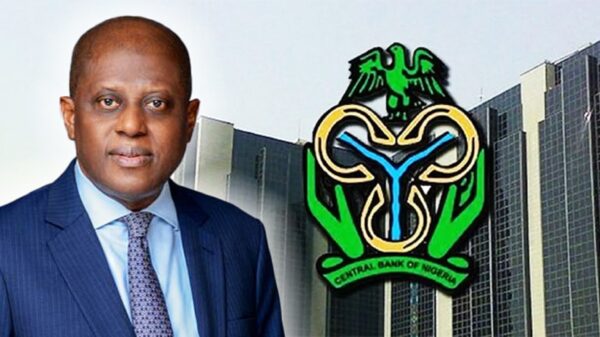






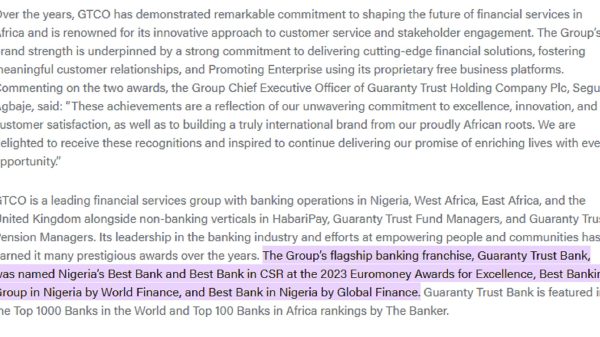



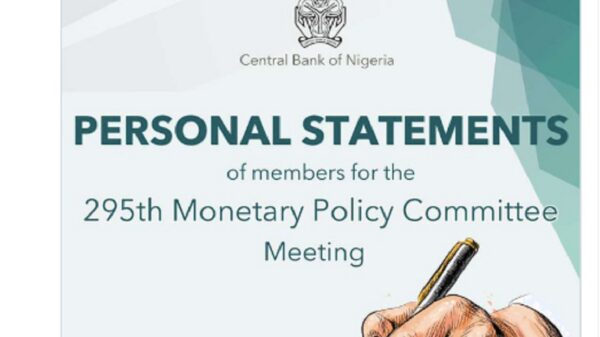



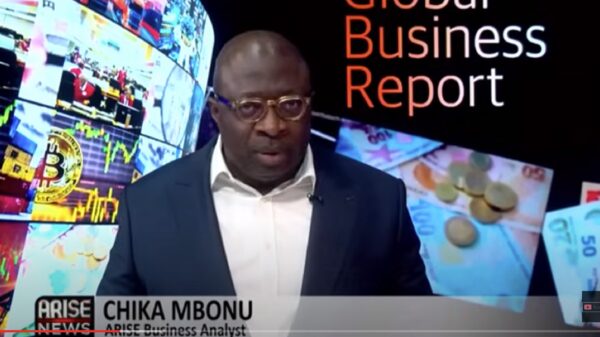




























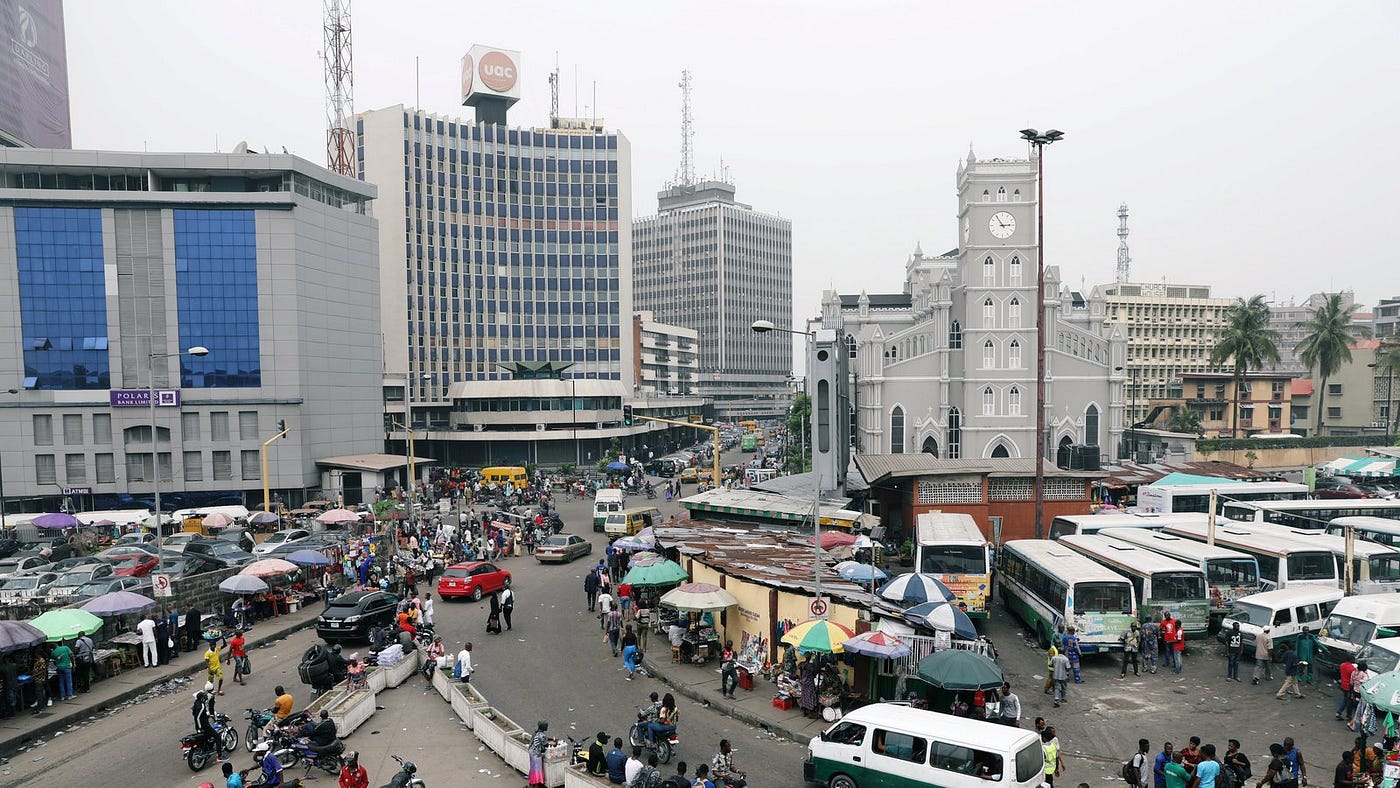



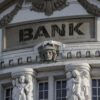
You must be logged in to post a comment Login